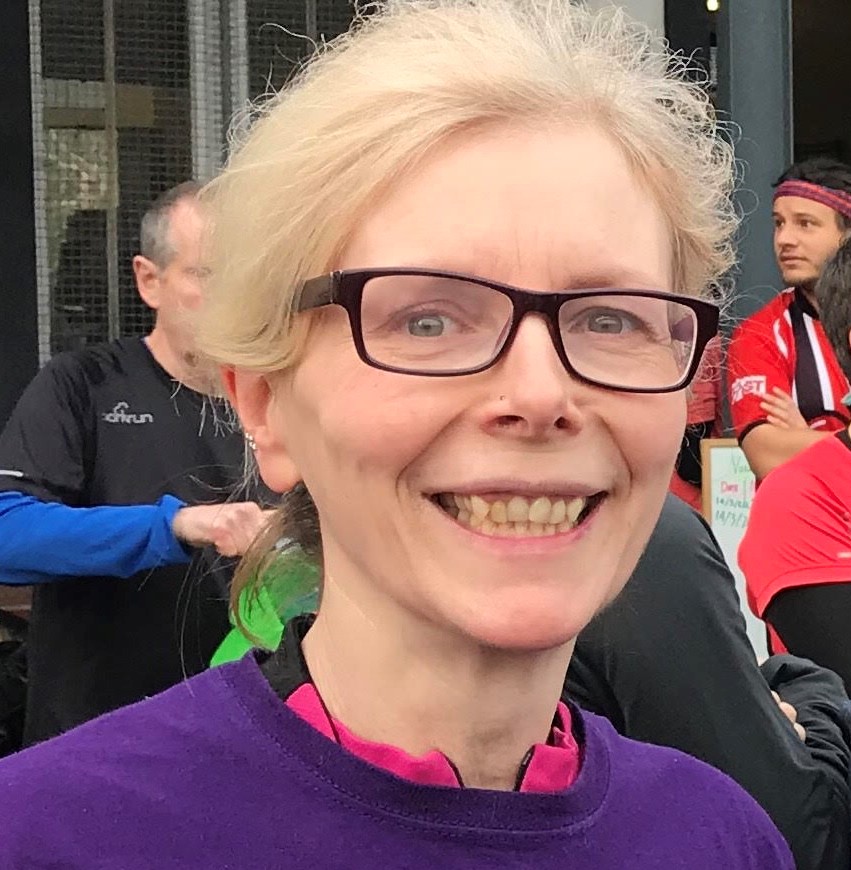It’s International Women’s Day today – a call to action but also an opportunity to reflect on achievements of women worldwide: the many females fighting climate change, the crew of NASA’s first ever all-female spacewalk, the appointment of the first female president of the European Central Bank and Ilhan Omar becoming one of the first Muslim women to serve in the United States Congress.
We also look to the challenges. The conviction of film producer Harvey Weinstein was a turning point for the #MeToo movement, sending a long overdue message that there must be consequences for those who sexually abuse and exploit women and girls.
Yet, old deeply engrained misogynist habits die hard. One in three women still suffer from gender-based violence.
And while equal pay became law 50 years ago, women today still earn 17 per cent less than men.
The first global “gender social norm” index has found that almost 90 per cent of people are biased against women.
The theme of International Women’s Day this year is #EachforEqual, a reminder that we must all speak out against prejudice – and that it’s vital to tackle the ways discrimination affects all women, in particular those hit hardest by it: women of colour, lesbian, trans, disabled and older women.
The message “an equal world is an enabled world” stresses that gender equality benefits all – male, female and non-binary.
Here in Brighton and Hove, Greens maintain our call for equality for all. Last year, Green councillors pushed the council to accept recommendations from the landmark Fawcett Society Report – Does Local Government Work for Women? – calling for councils to do more to support women’s access to local politics, including improving accessibility and care leave.
Alongside the re-election of our Green MP Caroline Lucas, we’re proud that following the 2019 council elections, 29 of our city’s 54 councillors are now female, way over the national average of 35 per cent.
Representation is just part of the puzzle. We also need to look at how cuts to public services affect women.
Women are more likely to be primary carers on lower incomes and thus hit hardest by public sector cuts.
A study on austerity in the UK shows that changes to taxes, benefits and public spending since 2010 have also disproportionately affected the poorest black and minority ethnic women in the UK as gender inequality intersects – and compounds – racial inequality.
Services that support equality are also under serious strain. Our work with campaigners forced the Labour council to drop a planned £35,000 cut to domestic violence work in the city planned for this year.
With reports showing that incidences of domestic violence are on the rise, Greens pushed the council to agree to provide extra funding instead.
Greens also prevented a cut to the city’s only programme working with domestic violence perpetrators and increased the budget available for services in the city supporting women and girls, as well as reversing cuts to short breaks for carers.
As we face the challenges ahead, we must acknowledge that climate change will continue to have a disproportionate effect on women, forcing those in poorer communities to travel further and further to find food, water and fuel.
It’s clearly in everyone’s interests to work together to remove gender bias and create a fairer world in which all people’s contributions are equally valued. We cannot and must not settle for less.
Elaine Hills is a Green councillor on Brighton and Hove City Council.








